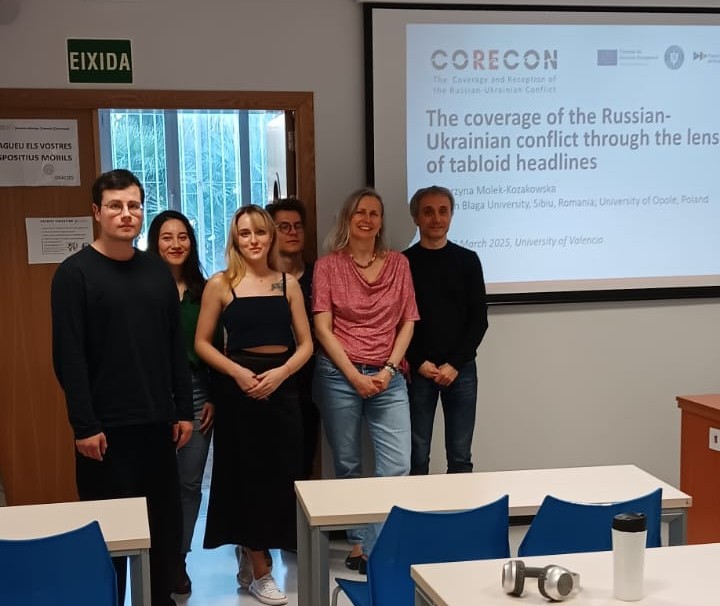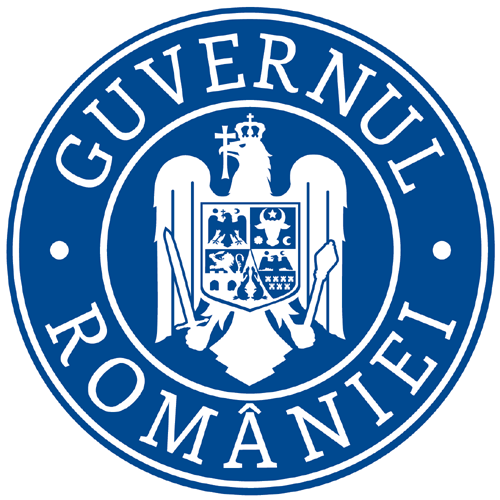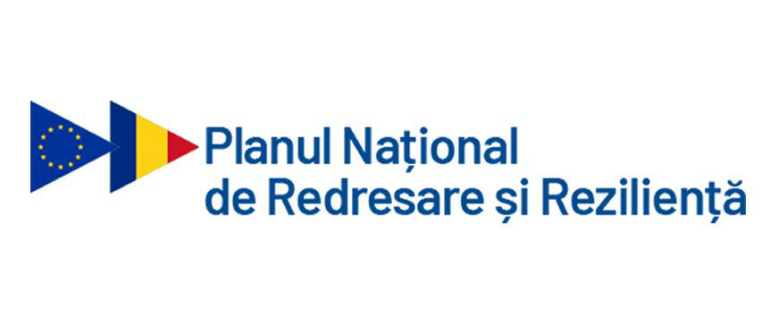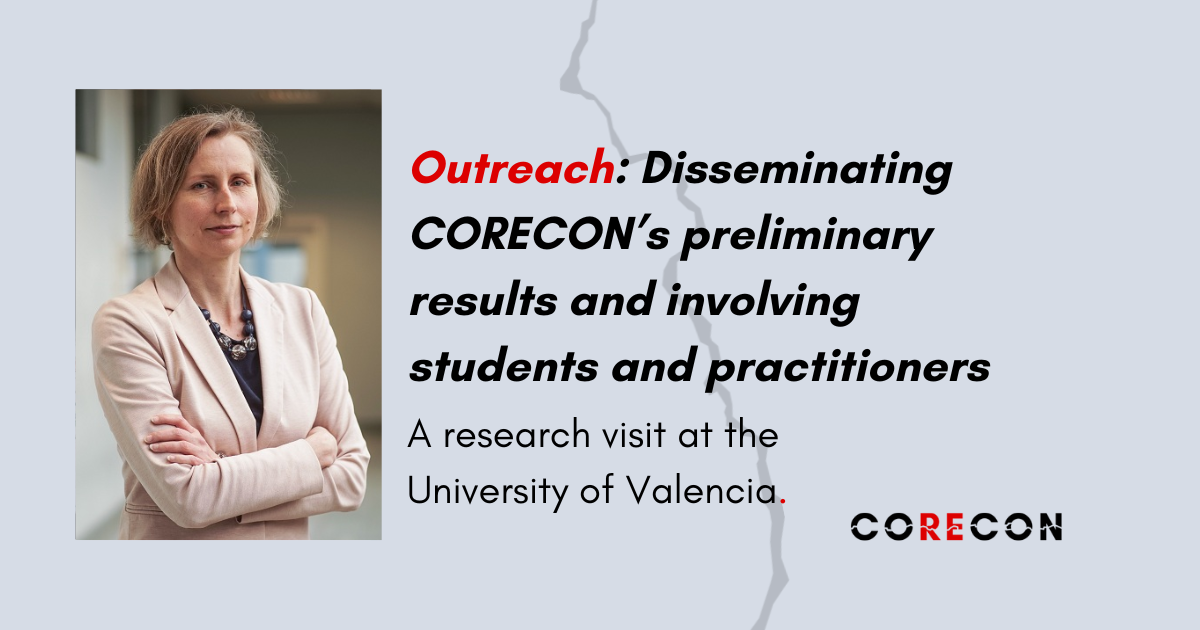One of CORECON’s prospective lasting impacts is to raise language awareness of war reporting which then enables critical media literacy and to sensitize journalists to some of the traps of click-driven news mediation. Katarzyna Molek-Kozakowska discussed these issues during a recent visit at University of Valencia in Spain.
The question of how war is represented in tabloid outlets and how language and image resources are drawn from to boost newsworthiness was discussed with students of sociolinguistics and journalism studies practitioners at University of Valencia on 25-27 March 2025.

What is at stake? The journalistic practices of polarization and stereotyping that are often deployed to increase newsworthiness may in fact diminish the public understanding of complex international conflicts.
How can linguists help? They can offer a thorough mapping of which social actors are mentioned and confronted with one another. They can use transitivity analysis to check the degree of agency ascribed to various social actors. They can expose simplistic narrative structures. They can identify devices that make headlines sensationalist in tone. Rather than being crafted by copyeditors, some of these devices are actually supported by algorithmic decisions.
What’s next? If you are a FORTHEM University Alliance student you can join us to discuss these challenges further in an upcoming onsite event on “Responsible journalism in the era of AI” at University of Opole in October 2025. Register by 21st April 2025 https://www.forthem-alliance.eu/media/events/detailed-view/responsible-journalism-in-the-era-of-ai
Or follow CORECON blog and social media to learn about the results of our joint research and implications for responsible war reporting and journalism training.
Text by Katarzyna Molek-Kozakowska





